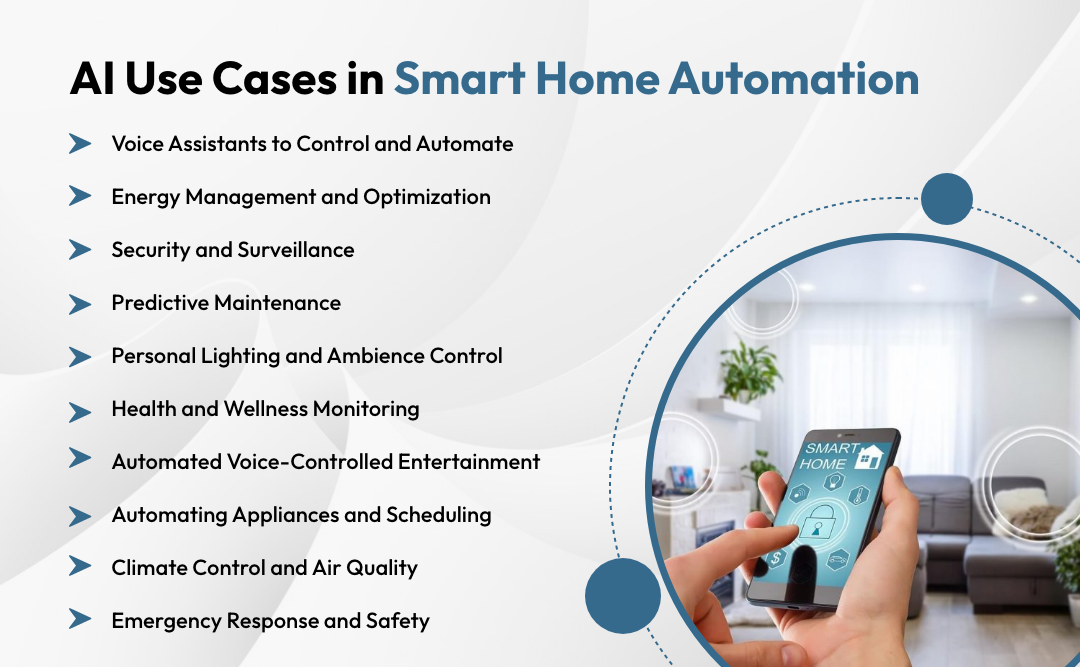Discover how Singapore’s flexible lease options are revolutionizing the rental market and changing the way people approach long-term commitments.
 Image courtesy of Dominika Roseclay via Pexels
Image courtesy of Dominika Roseclay via Pexels
Table of Contents
Hey there, fellow renters and landlords! Are you tired of the same old rigid lease agreements that leave you feeling stuck and restricted? Well, it’s time to shake things up with Singapore’s rental revolution – flexible lease options that cater to the modern lifestyle.
Before we dive into the exciting world of flexible leases, let’s take a quick look at the traditional leasing model in Singapore. Typically, tenants sign fixed-term leases ranging from one to two years, locking them into a set rental amount and duration. But as we all know, life doesn’t always stick to a rigid schedule, and that’s where flexible leases come in.
The Rise of the Sharing Economy
The sharing economy has changed the way we consume goods and services, from ride-sharing to coworking spaces. This shift towards shared resources and flexible arrangements has spilled over into the real estate market, paving the way for innovative lease options that cater to changing lifestyles and economic conditions.
Benefits of Flexible Lease Options
So, what’s in it for you? Well, flexible leases offer a range of benefits for both tenants and landlords. For tenants, these options provide greater freedom to adapt to changing circumstances, such as job relocations or family needs. Plus, you only pay for the time you actually use the property, reducing financial strain. Landlords at Fourth Avenue Residences condo also benefit from increased flexibility to adjust rental rates based on market conditions, ensuring a win-win situation for all parties involved.
Types of Flexible Lease Options
There are several types of flexible lease options available in Singapore to suit different needs and preferences. Month-to-month leases are ideal for tenants with uncertain living situations or short-term stays, offering the ultimate flexibility. Co-living arrangements provide shared living spaces with shorter leases and communal amenities, perfect for those seeking a sense of community. Flexi-rental schemes allow landlords to offer discounts or incentives for longer-term leases while still allowing for early termination, striking a balance between stability and flexibility.
Image courtesy of www.linkedin.com via Google Images
Potential Challenges and Solutions
Of course, with any new system comes potential challenges. One major concern is the stability and reliability for both tenants and landlords, as the rental landscape shifts towards more flexible arrangements. To address this, clear guidelines and contracts should be put in place to protect the interests of both parties. Additionally, creating platforms or agencies that specialize in matching tenants with flexible lease options can help streamline the process and ensure a smooth experience for everyone involved.
Conclusion
As we navigate the ever-changing rental landscape in Singapore, it’s crucial to stay ahead of the curve and embrace the rental revolution of flexible lease options. By rethinking renting and adapting to the modern lifestyle, we can create a more dynamic and inclusive real estate market that caters to the diverse needs of tenants and landlords alike. So, whether you’re looking for short-term flexibility or long-term security, there’s a flexible lease option out there waiting for you. Let’s embrace the change and reimagine renting in Singapore!
 Image courtesy of Clement Eastwood via Pexels
Image courtesy of Clement Eastwood via Pexels
 Image courtesy of Nhi Uyển via Pexels
Image courtesy of Nhi Uyển via Pexels Image courtesy of Souranshi Fashion and Lifestyle Magazine via Pexels
Image courtesy of Souranshi Fashion and Lifestyle Magazine via Pexels Image courtesy of Karolina Grabowska via Pexels
Image courtesy of Karolina Grabowska via Pexels Image courtesy of Pixabay via Pexels
Image courtesy of Pixabay via Pexels